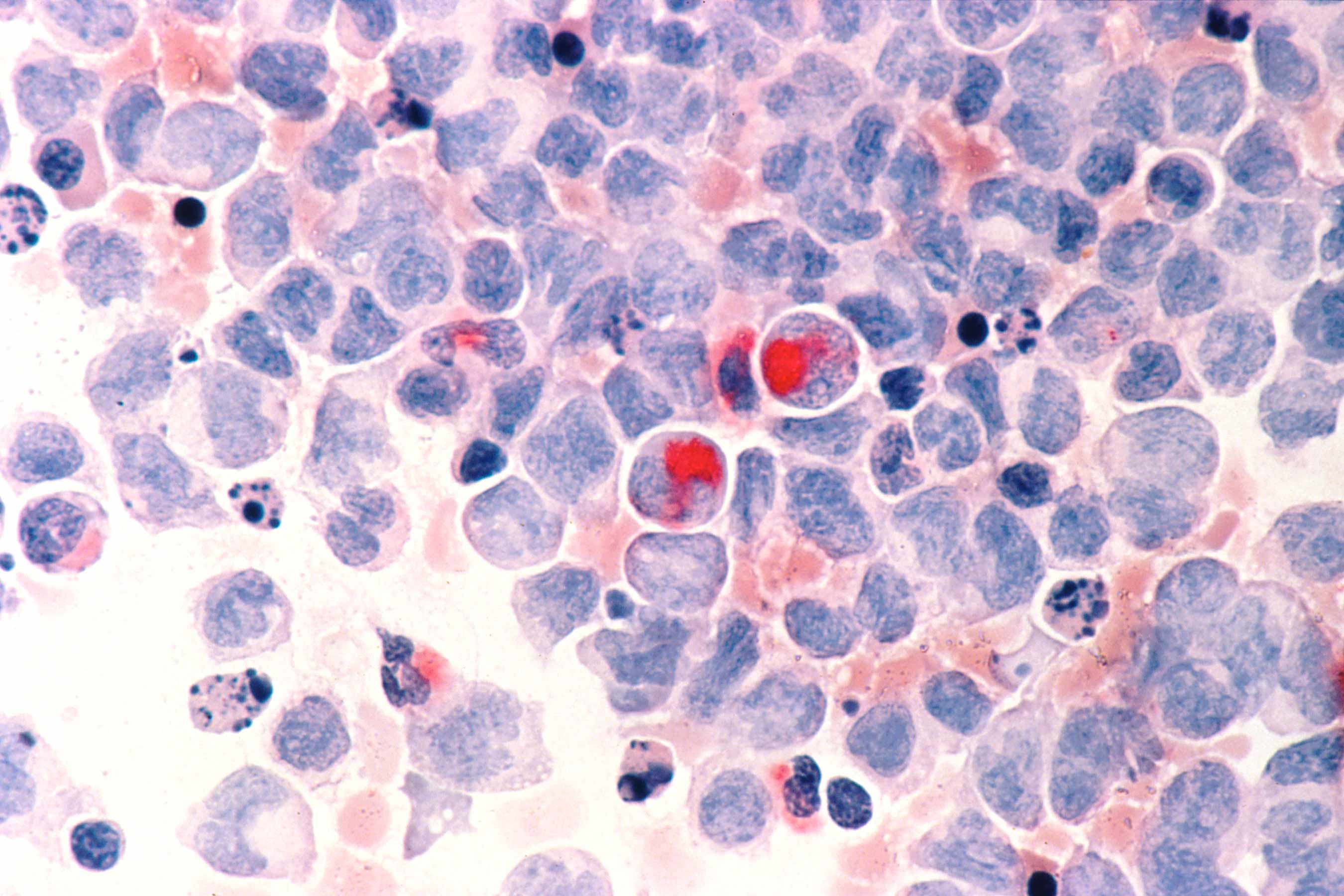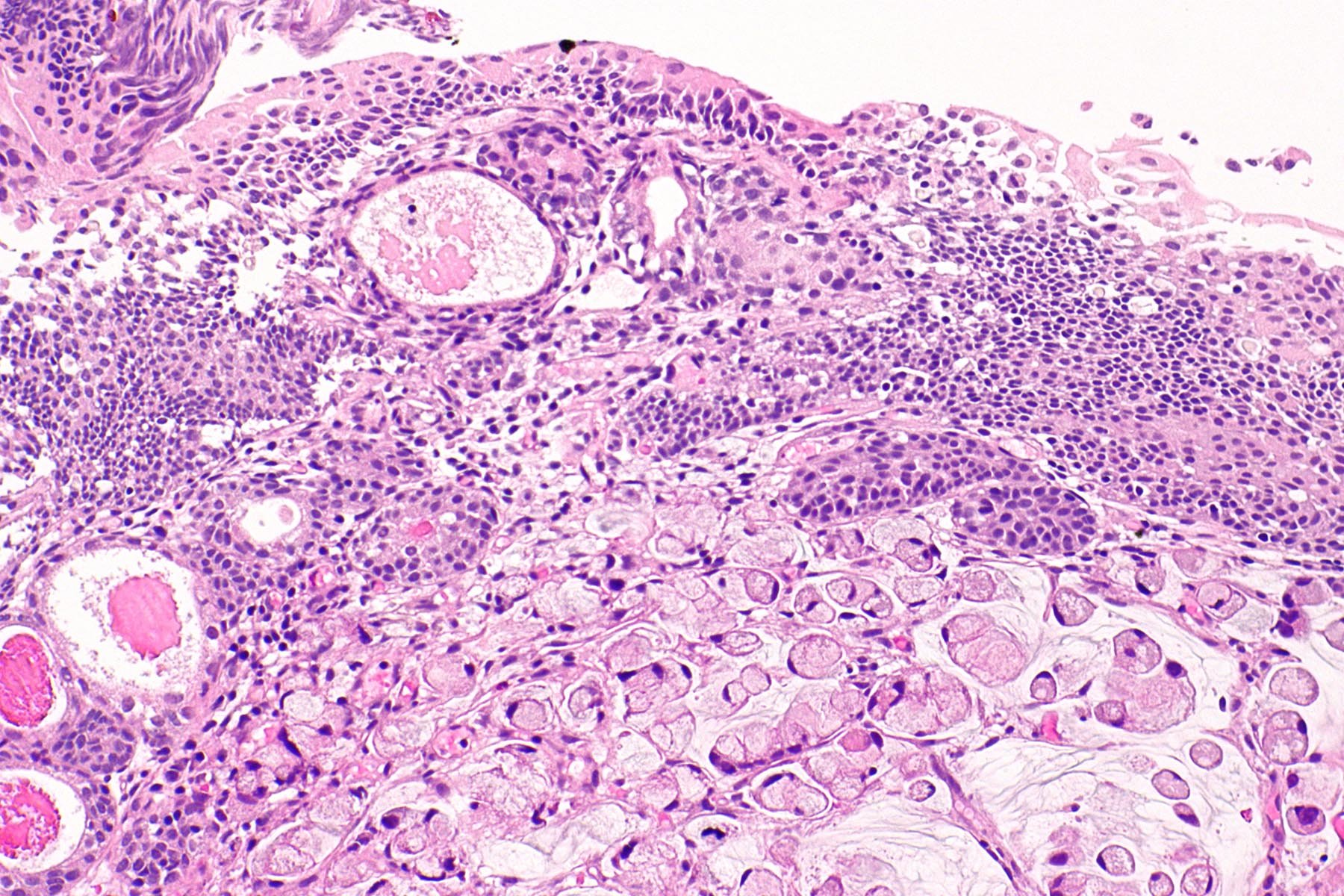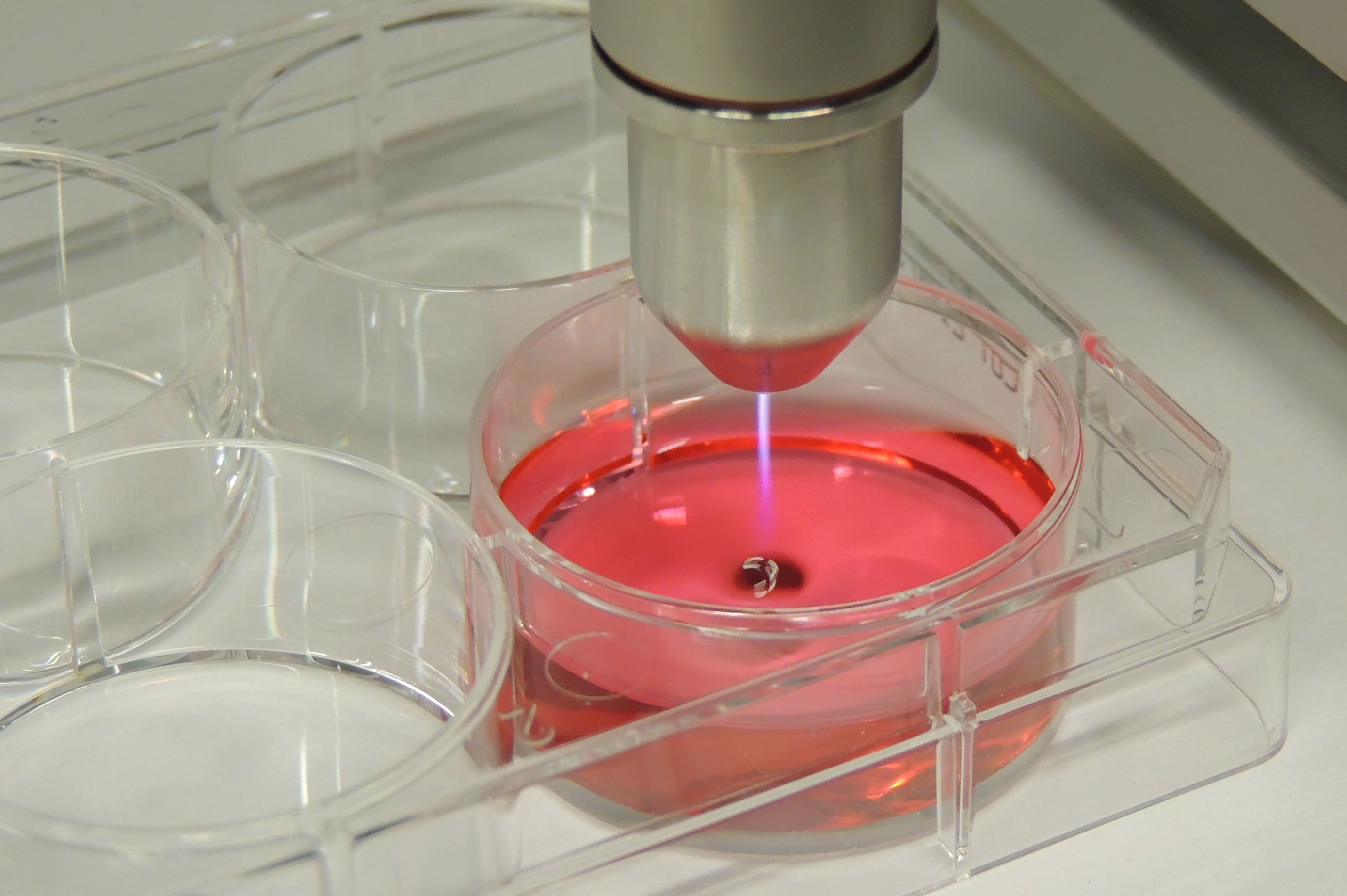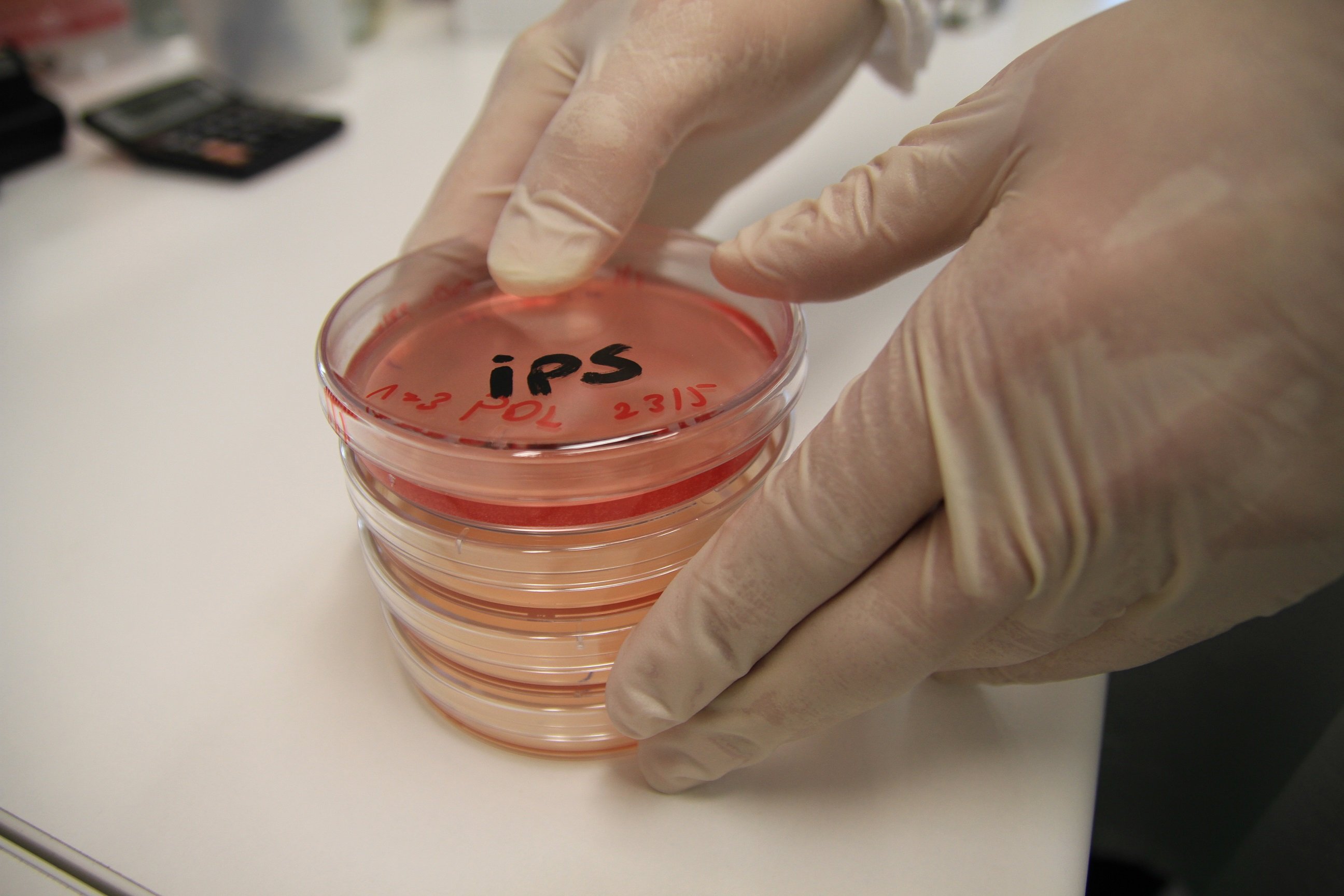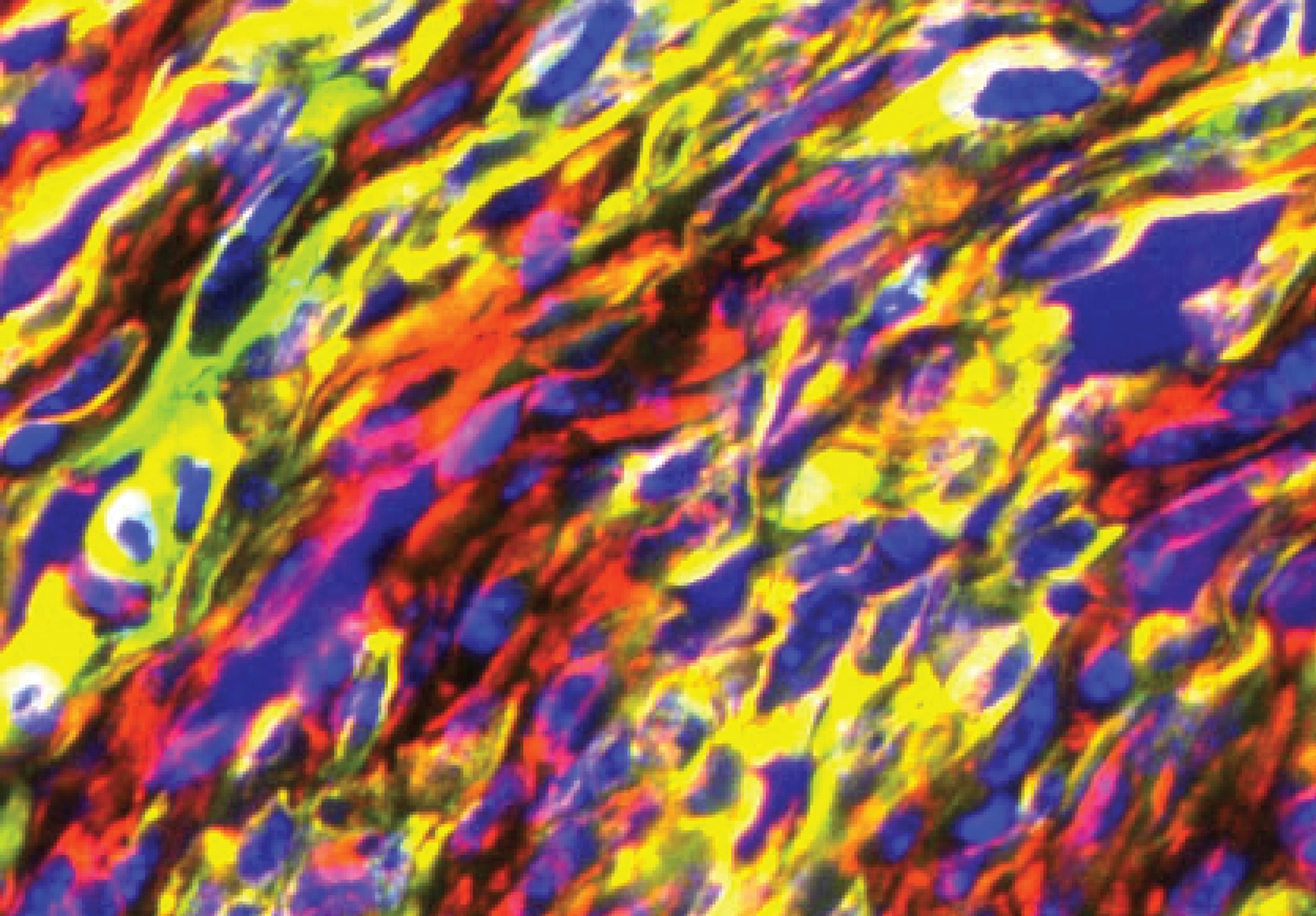Scientists can predict rare leukaemia 8 years before symptoms begin
A study of more than half a million blood samples has allowed scientists to pinpoint the risk factors for a rare type of leukaemia, enabling them to predict if someone will develop the disease eight years before symptoms appear and opening the door to preventative treatments. Acute myeloid leukaemia (AML) is a rare cancer usually … Read more

